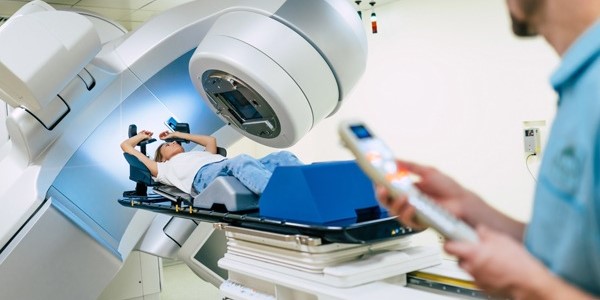Advancements in cancer treatment are rapidly transforming patient care, offering more personalized and effective therapies. Innovations such as immunotherapy, precision medicine, and advanced imaging techniques are at the forefront of this revolution, providing new hope in the fight against cancer.
Immunotherapy: Harnessing the Immune System
Immunotherapy has emerged as a groundbreaking approach, empowering the body’s immune system to combat cancer cells. Techniques like CAR-T cell therapy involve modifying a patient’s T-cells to specifically target and destroy cancerous cells. This method has shown remarkable success, particularly in treating certain blood cancers. Additionally, checkpoint inhibitors are drugs that help the immune system recognize and attack cancer cells more effectively, leading to significant improvements in patient outcomes.
Precision Medicine: Tailored Treatment Strategies
Precision medicine focuses on customizing cancer treatment based on an individual’s genetic profile and the specific characteristics of their tumor. By conducting comprehensive genomic profiling, healthcare providers can identify mutations driving cancer growth and select targeted therapies that address these abnormalities. This personalized approach enhances treatment efficacy and minimizes adverse effects, marking a significant shift from traditional one-size-fits-all therapies.
Advanced Imaging: Enhancing Diagnosis and Monitoring
Advanced imaging technologies are crucial in the early detection, accurate diagnosis, and monitoring of cancer. Techniques such as multiparametric MRI and PET-CT scans provide detailed insights into tumor biology and progression. These imaging modalities enable precise tumor localization, guide biopsy procedures, and assess treatment responses, thereby facilitating informed clinical decisions and personalized treatment planning.
Artificial Intelligence and Machine Learning: Revolutionizing Cancer Care
The integration of artificial intelligence (AI) and machine learning in oncology is revolutionizing various aspects of cancer care. AI algorithms can analyze vast datasets to identify patterns, predict treatment responses, and assist in early cancer detection. For instance, AI-powered tools can enhance the accuracy of imaging interpretations, leading to earlier and more precise diagnoses. Moreover, machine learning models can optimize treatment plans by predicting the most effective therapies based on individual patient data.
Nanotechnology: Precision Drug Delivery
Nanotechnology offers innovative solutions for delivering cancer treatments more effectively. Nanoparticles can be engineered to carry therapeutic agents directly to cancer cells, sparing healthy tissue and reducing side effects. This targeted delivery system enhances the concentration of drugs at the tumor site, improving their efficacy. Additionally, nanomaterials are being explored for their potential in imaging and diagnostics, providing a multifaceted approach to cancer management.
Cancer Vaccines: Preventive and Therapeutic Potential
Research into cancer vaccines is gaining momentum, aiming to prevent cancer development or treat existing malignancies. Preventive vaccines, like those against HPV, have already demonstrated success in reducing cancer incidence. Therapeutic vaccines are designed to stimulate the immune system to recognize and attack cancer cells, offering a promising avenue for treatment, especially when combined with other therapies.
Robotic Surgery: Enhancing Surgical Precision
Robotic-assisted surgery is enhancing the precision and effectiveness of surgical oncology. Robotic systems provide surgeons with magnified, high-definition 3D views and greater dexterity, allowing for minimally invasive procedures. This approach reduces recovery times, minimizes complications, and improves overall surgical outcomes for cancer patients.
Conclusion
The convergence of these cutting-edge technologies is revolutionizing cancer treatment, making it more personalized, effective, and less invasive. As research continues to advance, these innovations hold the promise of transforming cancer from a formidable disease into a manageable condition, significantly improving patient outcomes and quality of life.

